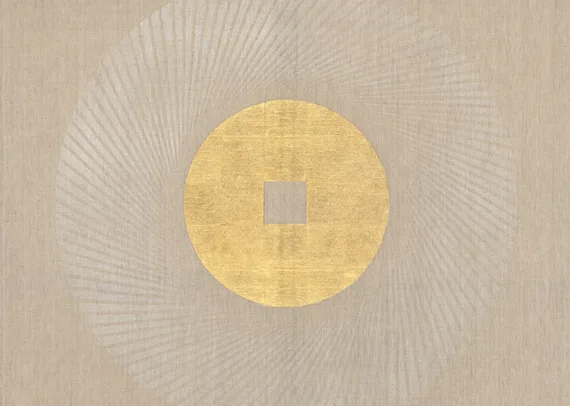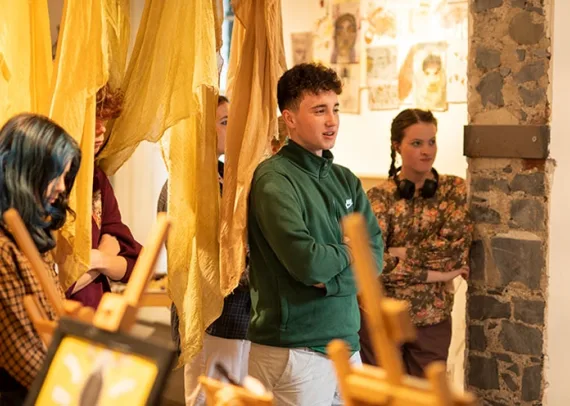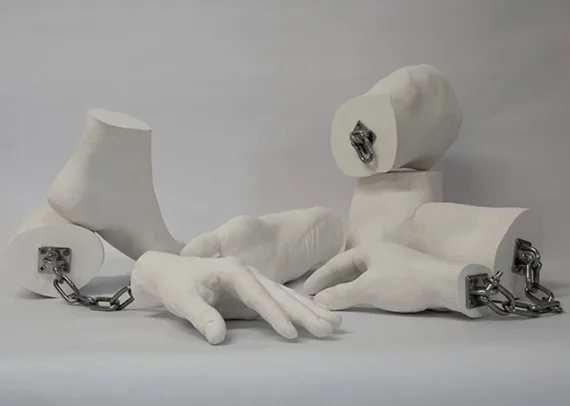The SoilRise project aims to research, protect, and raise awareness of soil biodiversity. Earthworms are essential to keeping our soils healthy, and with the help of citizen scientists, we are able to collect data on the distribution and diversity of earthworms across the country. The workshop involves an educational component on earthworm ecology, a questionnaire, and a practical component, in which volunteers have the opportunity to get their hands dirty and survey the soil biodiversity themselves. Dig for data and discover secrets of the soil.
During the practical activity, participants will use a 20x20 cm template and a spade to dig up a 25 cm deep block of soil. The soil is placed on a tray and carefully sorted by hand to find earthworms. The worms are then counted and sorted with help from a mentor. A small soil sample and a few earthworms are kept for further study where they will be preserved for species identification and DNA analysis.
About Stephanie Clune
'I have always had an interest in bugs and their relationships with other organisms. I completed my Bachelor’s degree in Zoology in 2022 where I focused my thesis on bedbug biology. I went on to do my Master’s degree in Parasitology & Pathogen Biology in 2023 where I looked at the effect of foliage on parasitic worm infections in sheep. I have continued as a research scientist looking into parasitic worms in agriculture. Today, my current research focuses on earthworm biodiversity and ecology as part of the SoilRise project in The School of Agriculture at UCD.'
The Soil Project:
The Soil Project is an annual commission at Butler Gallery which supports invited artists to create participatory projects which connect deeply with our environment. The resident artist in 2025 is Laura Ní Fhlaibhín.
 Thursday November 6th
Thursday November 6th
 Butler Gallery
Butler Gallery
 10.00am - 3.00pm
10.00am - 3.00pm
 Free
Free




